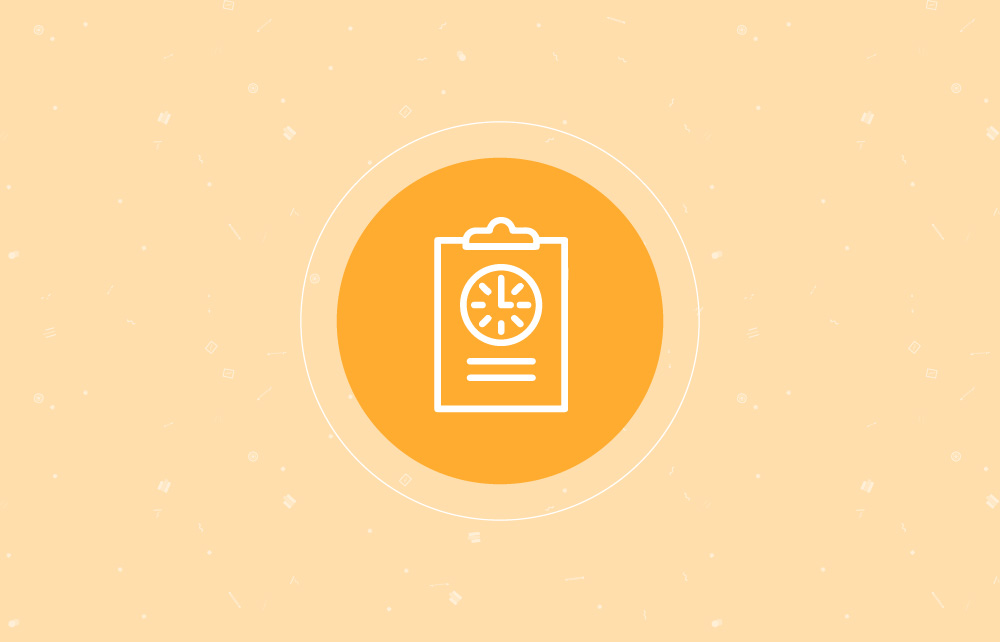
Coach and mentor time is precious—and expensive. Though we know coaching can change teacher practice, quality of time matters. It’s an administrator’s job to understand what’s happening at scale in order to tailor instructional support for maximum impact and demonstrate the program’s outcomes.
Whether it’s used for tracking instructional coaching, teacher mentorship, or another type of just-in-time assistance, a dedicated support log is a deceptively simple data collection tool that can lead to big outcomes.
Done right, the context can illuminate the “glass box” of instructional support and provide a comprehensive yet detailed view of where your coaching team must focus next.
Coaches and other support-givers typically use logs to:
Instructional leaders and administrators typically use coaching logs to:
But as with any large-scale education data project, it’s critical to make sure logs are intentional and useful. Remember: it’s always easier to prevent issues through thoughtful design now than it is to sort through a mass of fuzzy data later.
KickUp offers a software to power data-oriented professional learning organizations who are passionate about educator professional growth. Contact us to see how districts like Lubbock ISD are building, maintaining, and growing instructional support programs with smart data logs.
Schedule a demo with one of our friendly team members.